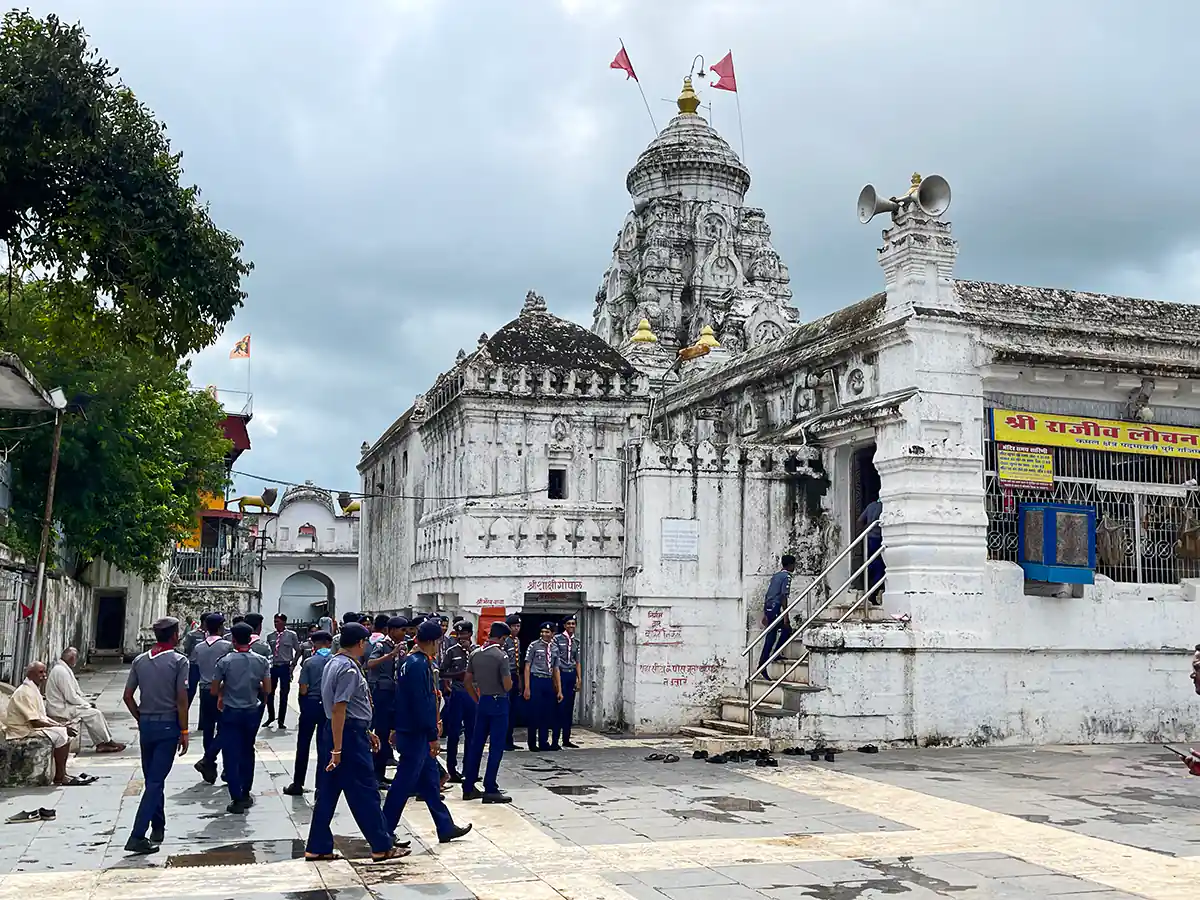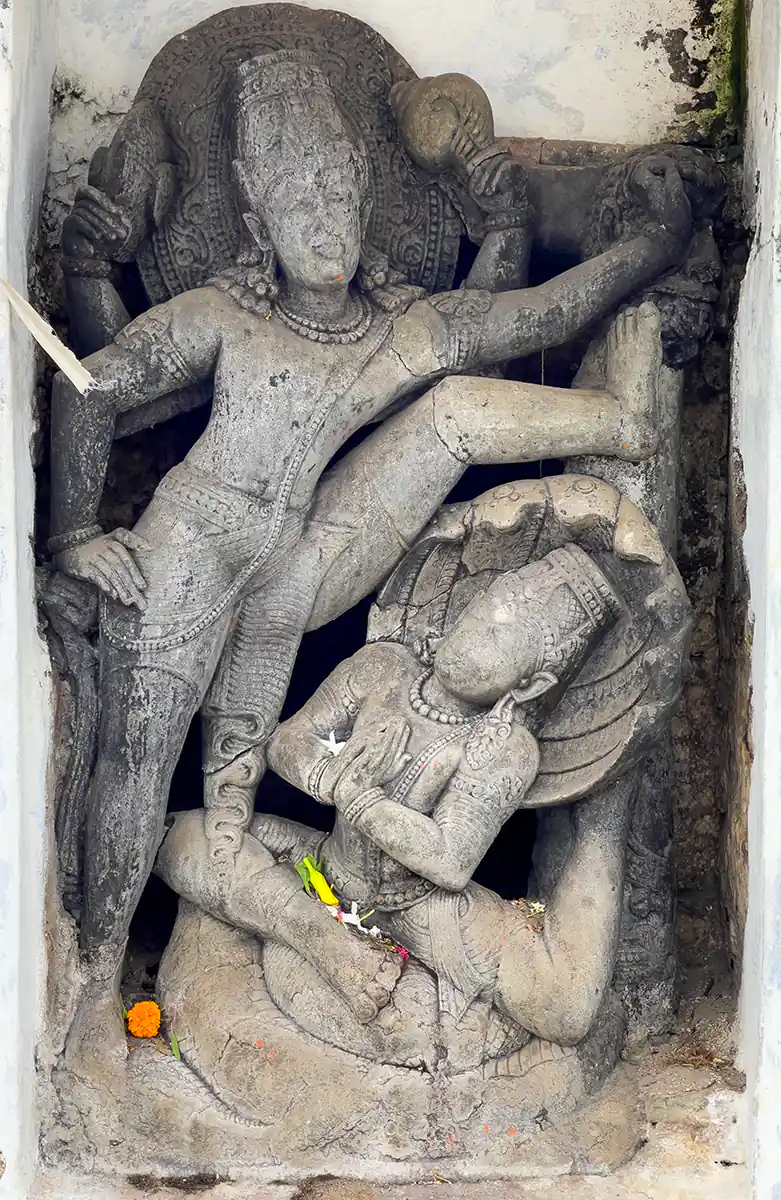Rajiv Lochan Temple, Rajim Information
Rajiv Lochan Temple is a sacred site located in the town of Rajim in the state of Chhattisgarh, India. The temple holds religious significance for Hinduism and is revered by other wisdom traditions. It is dedicated to Vishnu, a major deity in Hinduism, and is believed to be one of the most ancient temples in India.
The site is said to have been established by Lord Rama during his exile, and it is also believed to have been visited by Buddha during his travels. The temple has been renovated and rebuilt over the centuries, with the current structure being a fine example of the Chhattisgarh style of temple architecture.
The temple complex comprises several shrines and a large courtyard, all surrounded by high walls. The main shrine houses an idol of Vishnu, flanked by the goddesses Lakshmi and Saraswati. The architecture of the temple is characterized by its intricate carvings and sculptures, which depict scenes from Hindu mythology and other religious stories. The temple's unique design incorporates elements of both Dravidian and Nagara styles of temple architecture.
Rajim, the town where the temple is located, is situated on the banks of the Mahanadi River, surrounded by green forests and rolling hills. The topography of the area is dominated by the river, with the temple situated on the riverbank.
The temple has been a site of pilgrimage for centuries, with people from all over India and beyond visiting to pay their respects to Vishnu. The temple is especially popular during festivals such as Diwali, Holi, and the annual Rajim Kumbh Mela.
Chronology
- 7th century: The Rajiv Lochan Temple is believed to have been established during the reign of the Somavamshi king, Ratnadev I.
- 9th Century: The temple was rebuilt by the Somavamshi King Jajalladeva.
- 10th Century: The temple was destroyed by the Kalchuri King Ratnadeva.
- 11th Century: The temple was rebuilt by the Kalchuri King Karnadeva.
- 12th Century: The temple was destroyed by the Muslim invaders.
- 13th century: The temple was renovated by the Chalukya king, Jajalladeva II.
- 17th Century: The temple was rebuilt by the Maratha ruler Baji Rao.
- 18th Century: The temple was again destroyed during the Maratha-Pindari war.
- 1757: The Maratha king, Raghunath Rao Peshwa, is said to have visited the temple during his military campaign in the region.
- 19th Century: The temple was renovated by the Bhonsle rulers of Nagpur.
- 1941 CE: The temple was extensively renovated and restored by the Raja of Raipur, Raja Bhanupratap Deo.
- Periodic: The temple is used for pilgrimage by Hindus, particularly during the Rajim Kumbh Mela, a major festival held every 12 years in honor of Lord Vishnu. The festival is held in the months of January and February and attracts millions of devotees from across India.
- Annually, on Magh Purnima: A large fair is held at the temple in honor of Lord Vishnu, which is attended by thousands of devotees from across the region.
- Annually, during the Chaitra Navratri festival: Special prayers and rituals are performed at the temple, dedicated to the goddess Durga.
- Annually, during the Shravan month of the Hindu calendar: Devotees undertake a month-long pilgrimage to the temple, offering water to the deity and seeking blessings.

Martin Gray is a cultural anthropologist, writer and photographer specializing in the study of pilgrimage traditions and sacred sites around the world. During a 40 year period he has visited more than 2000 pilgrimage places in 160 countries. The World Pilgrimage Guide at sacredsites.com is the most comprehensive source of information on this subject.


